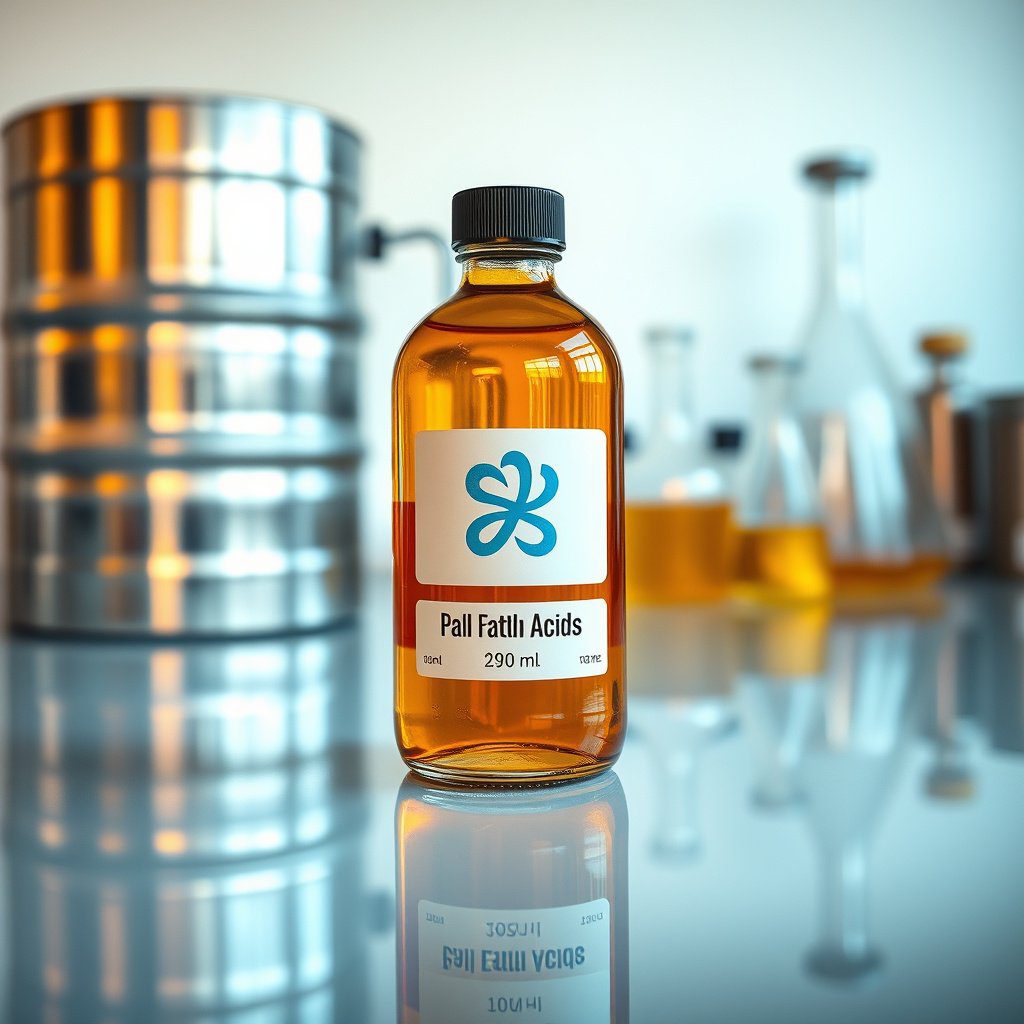Understanding the Global Market for Palm Oil
The palm oil market is a significant segment of the global agricultural industry, driven by increasing demand for vegetable oils in food production, personal care products, and biofuels. As one of the most consumed oils worldwide, palm oil is critical for both economic development and sustainability initiatives. Various countries, particularly in Southeast Asia, dominate the export landscape, but Brazil is emerging as a substantial player in this sector.
Top Palm Oil Exporters Worldwide
Countries like Indonesia and Malaysia are recognized as the top palm oil exporters globally, accounting for the majority of the market share. However, countries such as Brazil are positioning themselves as competitive exporters, leveraging their vast agricultural resources and favorable climate for palm cultivation. This strategic positioning allows Brazil to supply high-quality grades of palm oil, including crude, bleached, and refined types.
Brazil’s Position in the Palm Oil Export Market
Brazil is rapidly developing its palm oil industry, focusing on sustainable practices and high-standard production methods. The country aims to increase its share in the global market by exporting palm oil to various regions, particularly the U.S. With its commitment to sustainability, Brazil offers a unique value proposition to buyers looking for ethically sourced palm oil.
DIPLOMATA: A Leading Supplier of Palm Oil
DIPLOMATA has established itself as a premier supplier and exporter of palm oil from Brazil to the U.S. The company provides a diverse range of products, including crude, bleached, and refined palm oil grades, ensuring that clients receive top-quality oils tailored to their specific needs. The extensive experience and commitment to quality make DIPLOMATA a trusted partner for businesses seeking reliable palm oil sources.
Crude Palm Oil: Characteristics and Uses
Crude palm oil (CPO) is the unrefined oil extracted directly from the fruit of the oil palm tree. It retains a rich flavor and nutrient profile, making it suitable for various food applications, including cooking and frying. Additionally, CPO serves as a foundational ingredient in many personal care products and industrial applications, showcasing its versatility and importance in multiple markets.
Bleached Palm Oil: Enhancing Quality and Stability
Bleached palm oil undergoes a refining process that removes impurities and enhances color and flavor stability. This grade is particularly favored in food production, as it meets regulatory standards and consumer preferences for clarity and taste. The bleaching process ensures that the oil maintains its quality during storage and transportation, making it an ideal choice for manufacturers in the U.S.
Refined Palm Oil: Purity and Versatility
Refined palm oil is further processed to remove free fatty acids, resulting in a neutral flavor and high smoke point, making it suitable for various culinary applications. Its stability and long shelf life make refined palm oil an attractive option for food producers and processors. DIPLOMATA’s refined palm oil meets stringent quality standards, ensuring that it can be safely used in diverse food products across the U.S.
The Importance of Quality in Palm Oil Supply
Quality assurance is crucial in the palm oil supply chain, especially when exporting to markets like the U.S. DIPLOMATA prioritizes rigorous quality control measures throughout its production and distribution processes. This commitment to quality not only enhances the reputation of Brazilian palm oil but also ensures that customers receive products that meet their expectations for taste, safety, and sustainability.
Future Trends in the Palm Oil Industry
The palm oil industry is evolving, with trends towards sustainable production and innovative processing methods gaining momentum. As consumers become more conscious of ethical sourcing and environmental impact, suppliers like DIPLOMATA are adapting to meet these demands. By investing in sustainable practices and transparency, Brazil’s palm oil exporters are poised to thrive in the competitive global market, particularly in the U.S.


